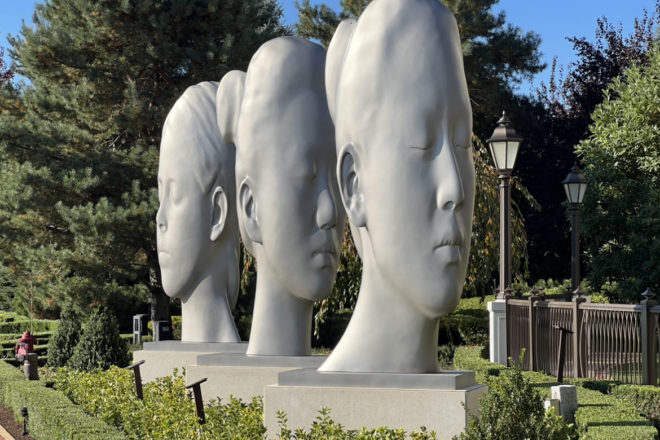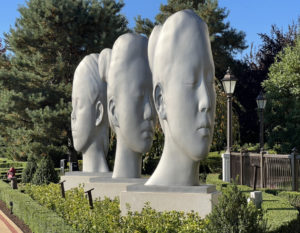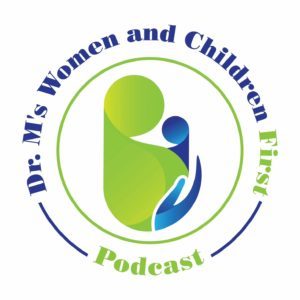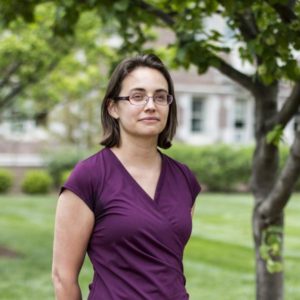
Podcast: Play in new window | Download
Subscribe: Email | | More
Randy Jirtle, Ph.D.
This week’s guest is Professor Randy Jirtle.
Dr. Randy Jirtle joins the show for the second time today to discuss his new research on the imprintome, the regulatory regions that at the earliest stages of fetal development control our epigentic and thus our genetic outcome. This is the Hope locus.
Time Magazine nominated him for person of the year in 2007 and had this to say about him: “Dr. Jirtle’s pioneering work in epigenetics and genomic imprinting has uncovered a vast territory in which a gene represents less of an inexorable sentence and more of an access point for the environment to modify the genome. His trailblazing discoveries have produced a far more complete and useful understanding of human development and diseases” — Time Magazine. This interview is ground zero for the Women and Children First Podcast as we discuss the underpinnings or mechanisms of disease risk for all humans as it relates to the environmental inputs of our lives that are driving health or disease at both the pregnancy and post natal periods. We look specifically at how maternal nutrition and later chemical exposure directly affected the health of the agouti mouse offspring. This experiment was the first of its kind and paved the way for a complete shift in human disease understanding. For parents, this podcast is really the beginning of everything that I am trying to convey regarding a healthy pregnancy and childhood. Without this interview, the following interviews will be more difficult to understand. The picture becomes very clear once his research is cemented in our minds.
His biography is as follows: Professor of Epigenetics at the Department of Biological Sciences, North Carolina State University, Raleigh, NC, and a Senior Scientist at McArdle Laboratory for Cancer Research at the University of Wisconsin, Madison, WI. He was previously professor of radiation oncology and associate professor of pathology at Duke University, Durham, NC, where he had been a faculty member since 1977. He graduated with a B.S. degree in nuclear engineering in 1970 and a Ph.D. degree in radiation biology in 1976, from the University of Wisconsin-Madison. His awards list is long but the key to Dr. Jirtle is that he is a curious thinker and we are grateful for this.
Please enjoy my conversation with Dr. Randy Jirtle,
Enjoy,
Dr. M








